We did not start coordination because we wanted to. We started because clients were frustrated. Calls were not returned. Home visits never happened. Participants were left navigating things by themselves. So they asked for help. We were already in homes providing support and had some understanding about what really mattered to them.
Early clients were patient while we read the rules, asked too many questions, stuffed plenty of things up, fixed them, and kept turning up.
He is a little of what we've learned in the five years since.
Know the person, not the paperwork.
An NDIS plan is just a snapshot, and usually inaccurate. Plans land better when coordinators understand routines, barriers and what actually helps on Tuesday afternoon, not just what sounds nice in a report. This means spending time with the participant. Sometimes having intimate conversations about what is and isn't going well in life being emotionally available and open to be present and listen.
Dispel any hype and clarify the practical reality
The NDIS can feel like policy update bingo, but with daily life at stake for participants. Our job is to go through and really understand both the spirit and essence of changes to regulations and processes. Sometimes that does lead to negative impacts on our clients, however when we're informed, we can make plans to respond.
Prep early, breathe easier
Reviews go better when evidence is gathered steadily. We've learnt to start planning appointments and reports from the day that someone's new plan drops and we build that into our system
The rules tightened, people felt it
In the past two years approvals have narrowed. Short Term Accommodation is the obvious example. What was once straightforward now needs a stronger case and some considered ineligible. The result is that families lose breathing space. Participants lose options. Unfortunately, we've become better at delivering bad news about how the scheme is changing. And better about how to plan around that to ensure that people support needs are still met.
The messy middle is real
Rather than follow the industry standard and using coordination management products such as Astalty - we built our own coordination system over 18 months of trial and error.
What it actually does:
Processes that focus on human connection as well as a formal evidence
Budget views that flag trouble early
Weekly, monthly and yearly tasks so dates do not sneak up
What that changes:
Fewer dropped balls
Quicker follow through with providers and clinicians
More time with participants, fewer admin gremlins
Choice and control, handled like adults
Sometimes Meliora provides coordination, plus other supports to the same participant, when they request it. To handle this in a loving manner, we've developed a thorough potential conflict of interest declaration and process, ensuring that the participants best interests are held as the highest priority, no matter what. We have fired ourselves before. No drama, just the right call at the time.
As a registered charity, it also signals our commitment to 'people over profit'
Collaboration Matters
As we've begun to employee coordinators who started in other companies, we've discovered that robust collaboration is not generally the done thing. Our system forces conversations we cooperate, collaborate and brainstorm together. When crises occur, we rally together to really support the participants, by supporting the individual coordinator at the same time who's out in the field, helping with DV situations, pushing back eviction dates, or when informal support totally collapses.
What a Meliora coordination week looks like
Home visits. Phone calls. Translating plan language into a short to do list. Chasing a clinician for a sentence in a report to be amended so it describes functional impact. Booking something that has slipped three times. Starting review prep before the clock turns ugly.
How we try to carry ourselves
Reachable. Honest about odds. Willing to admit when we missed something and fix it. Person first, process second. A sense of humour handy, especially when we're listening to the NDA hold music.
Where we are now
The system keeps shifting and we are still learning. Our platform is decent, but only as good as the people using it. We still miss things sometimes. Clients still get stressed. We are not crossing fingers and hoping. We tinker, improve templates, tighten follow up, and try to make next week a little smoother than last week. If there is a secret, it is boring: keep showing up, keep it human, and keep attempting to do the simple things better.
Our coordination service is available face-to-face for people in the South Burnett and the Brisbane area. We also provide limited coordination supports by distance, to participants around Australia. Sometimes we even fly down to visit at our own cost, because we've learned that nothing beats eyeballing a situation.
If you're interested in finding out more about how Meliora provides coordination, feel free to reach out via our contact page on the website.

